Blockchain, Consent, and GDPR: Navigating the Privacy Maze in a Decentralized World
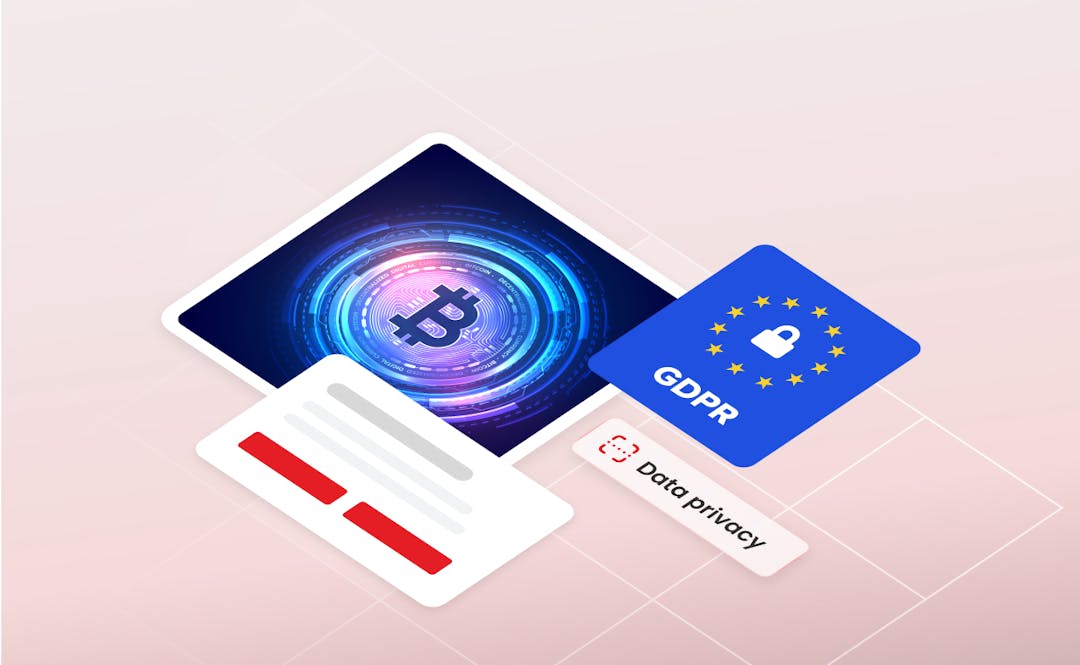
This blog explores the tension between blockchain’s immutable nature and GDPR’s privacy requirements. It highlights how decentralization clashes with the "right to be forgotten," while detailing EDPB guidelines for compliance. By using off-chain storage, encryption, and robust consent gateways, developers can innovate responsibly while protecting fundamental user data rights.
When data goes where consent hasn’t
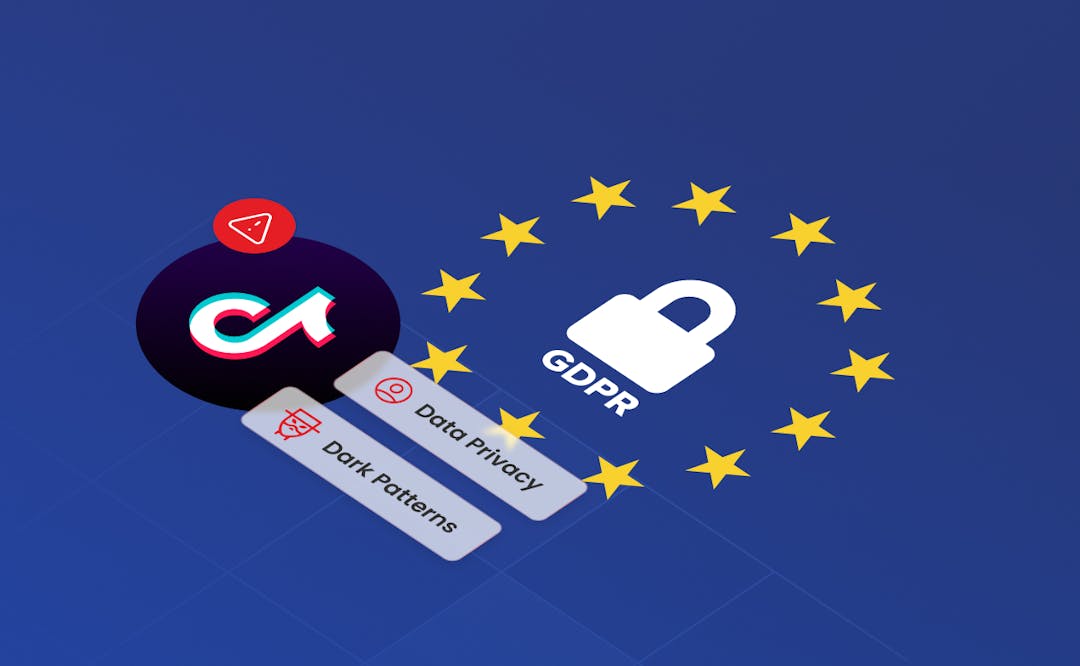
A massive €530 million GDPR fine hit TikTok for illegally transferring EU user data to China without adequate consent or protection, highlighting a critical privacy issue. Weak consent, dark patterns, and vague notices erode trust. Solutions mandate enhanced transparency, flexible design, and strict legal enforcement to ensure data only goes where permission is explicitly given.
When Consent Fails: Real-World Privacy Violations and the Need for Adaptive Consent Management
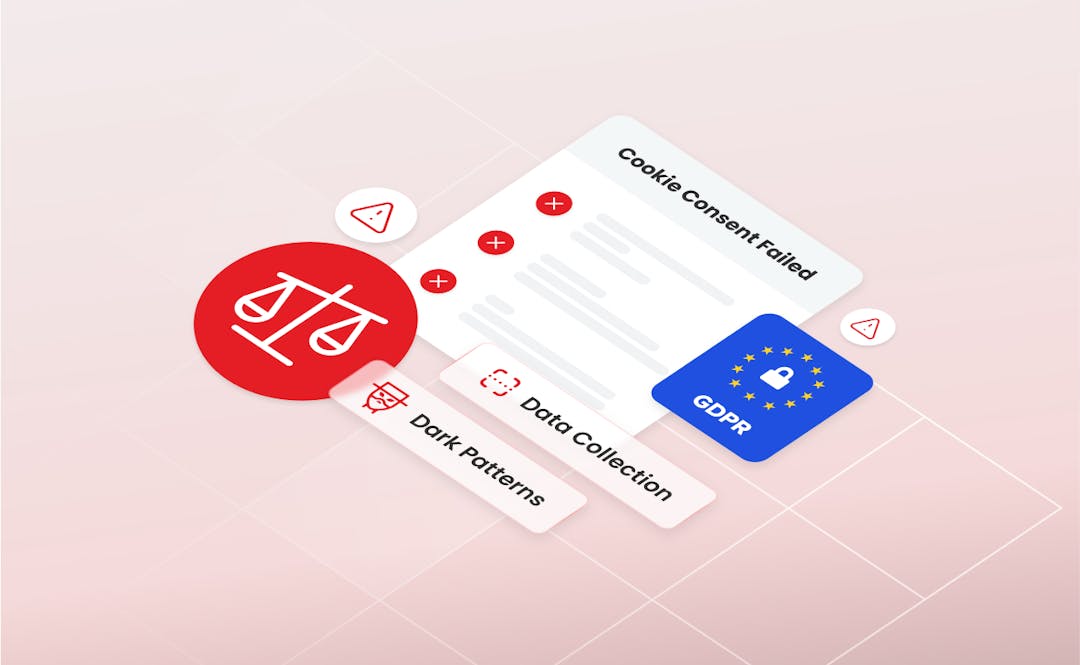
The blog examines real-world privacy violations that expose the shortcomings of traditional consent systems. It argues that static, one-size-fits-all consent models can erode trust and user rights, calling instead for adaptive consent management—flexible, transparent, and responsive to evolving technologies, regulations, and user expectations.
Reducing consent fatigue in the EU … Easier for whom and at what cost?

The EU seeks to simplify cookie consent to combat user “consent fatigue,” but easier consent risks weakening privacy protections. Proposals include standardized settings, exemptions, and browser-level consent tools. Reforms must preserve transparency, meaningful choice, and accountability to prevent usability improvements from eroding the EU’s core data protection and user autonomy principles.
Digital Services Act (DSA) Compliance for Marketers — Leveling the Playing Field in Digital Trust
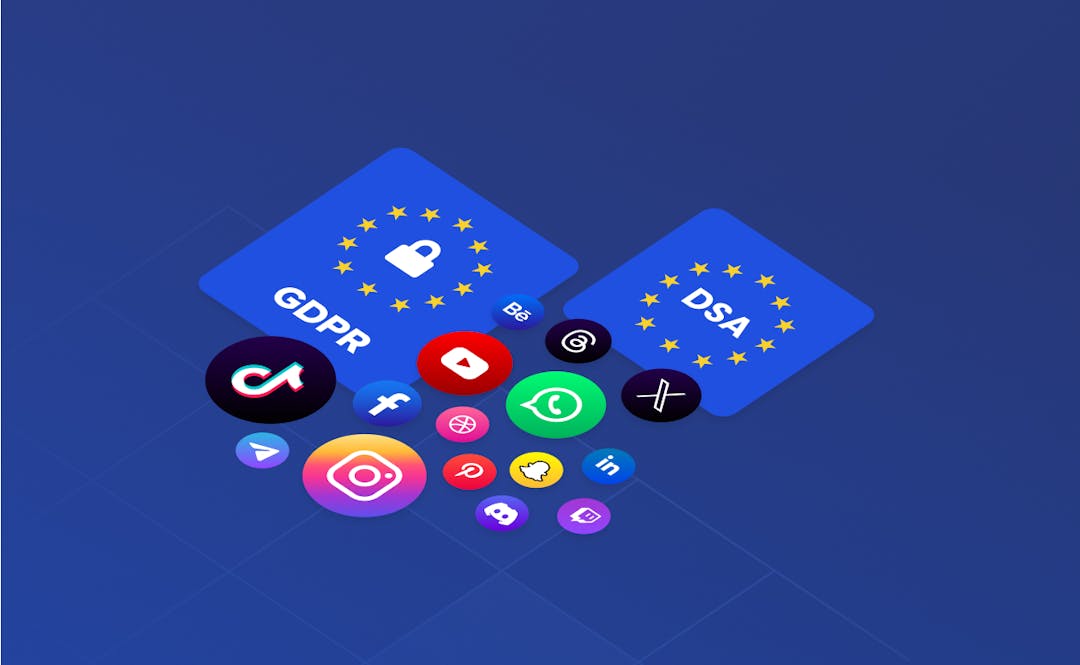
The EDPB’s new Guidelines 3/2025 clarify how the DSA and GDPR work together, reshaping marketing practices around transparency, profiling, recommender systems, and protection of minors. For marketers, compliance is not only about risk avoidance — it’s a competitive advantage that builds trust, loyalty, and reputational strength through ethical data use.
Hidden cookies & the future of digital consent: A world of dark patterns a symmetrical shift
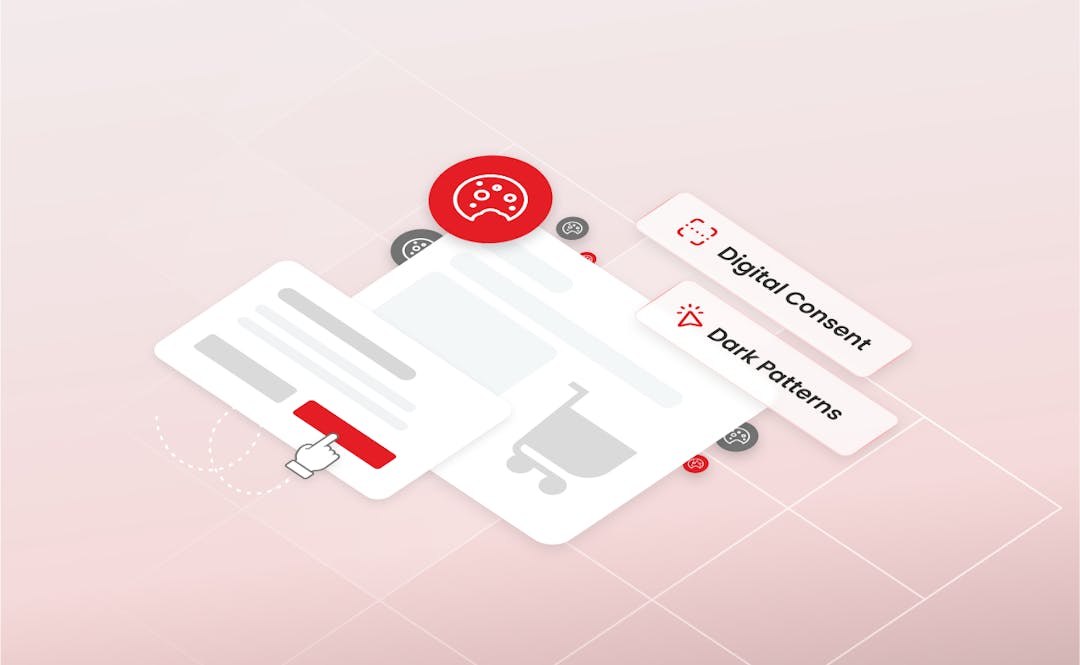
Dark patterns in cookie consent banners undermine user autonomy and breach privacy laws. Regulators worldwide now demand “symmetry of choice,” ensuring rejecting cookies is as simple as accepting them. With growing enforcement and fines, businesses must adopt transparent consent practices, leveraging Consent Management Platforms (CMPs) to build trust and compliance.
Europe, AI and data privacy: Do GDPR and other regulations hinder innovation?
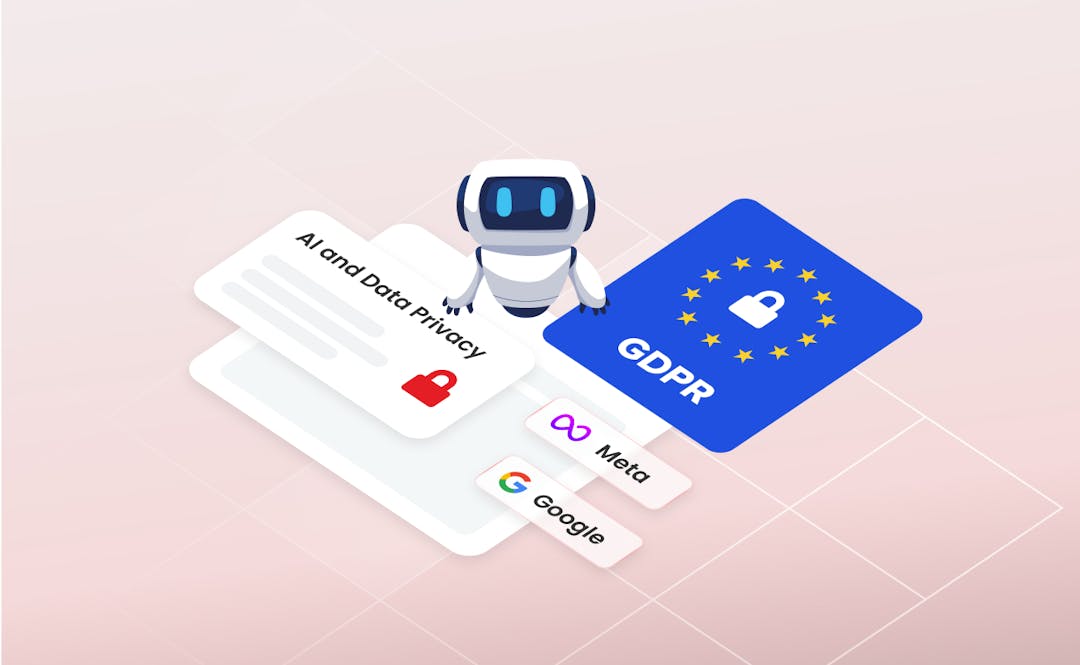
The EU’s GDPR and upcoming AI Act aim to safeguard privacy, but critics argue they hinder innovation. Conflicts arise over transparency, data minimization, and accountability. Balancing AI growth with strong privacy protections requires privacy-first design, compliance monitoring, and ethical practices—ensuring innovation advances without sacrificing fundamental rights.
Get prepared for more robust enforcement of “right of erasure”
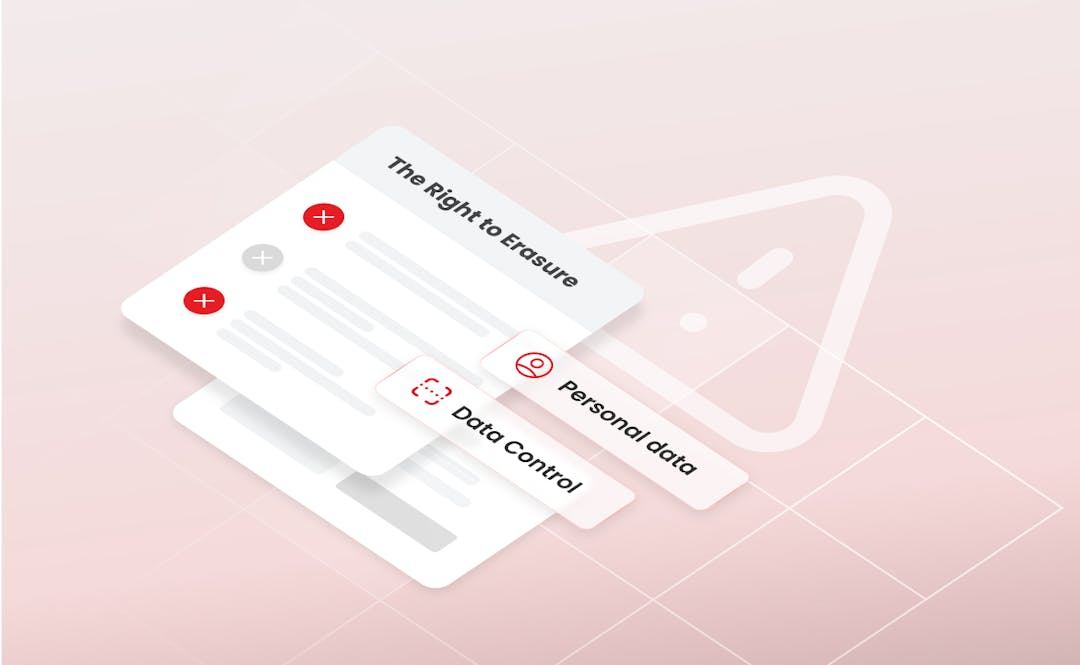
EDPB’s 2025 enforcement targets GDPR Article 17, auditing erasure compliance, including cookies. Rising deletion requests, high costs, and non-compliance risks demand automated workflows, consent tracking, legal readiness, and robust privacy operations to avoid penalties and build trust.
The future of data privacy: What EU GDPR reforms mean for businesses and consumers
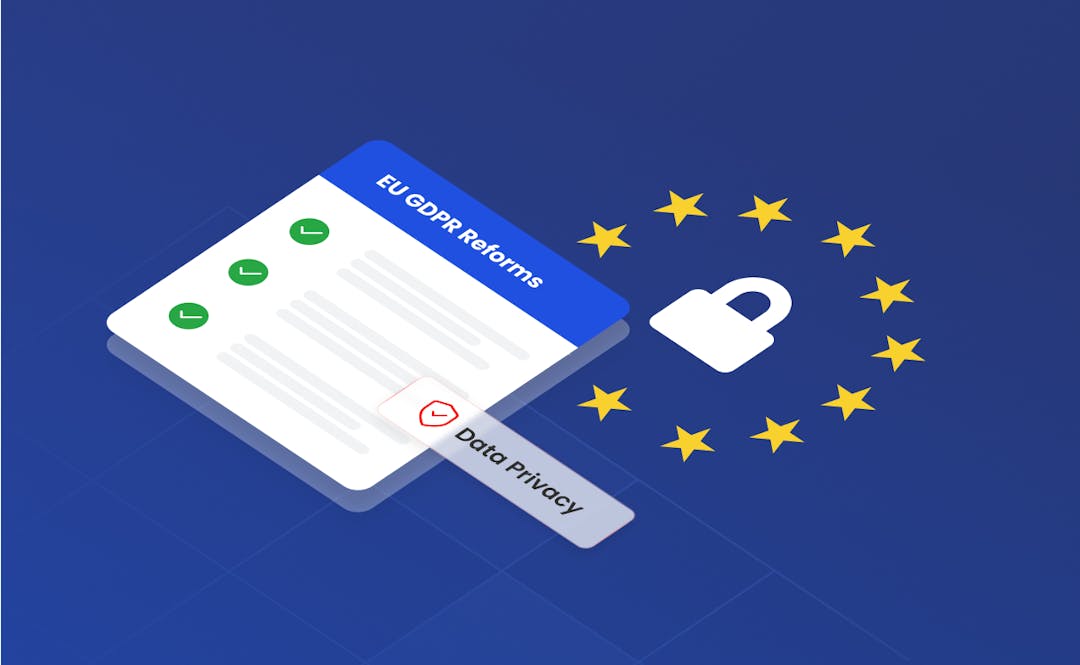
The EU is proposing reforms to the GDPR to ease compliance for businesses, especially SMEs, and improve enforcement across borders. While the changes aim to reduce red tape, privacy advocates warn they could weaken user protections. The outcome will depend on balancing business needs with strong data privacy standards.
GDPR is open for business – Balancing data privacy with pro-business practices
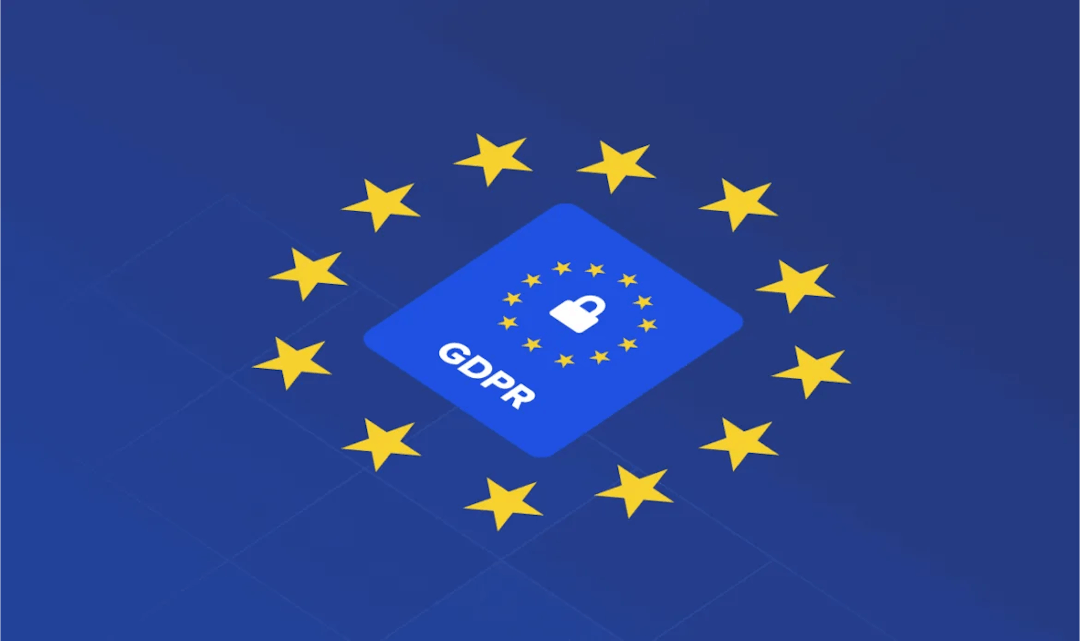
When the General Data Protection regulation took effect in 2018, it changed the landscape for businesses across industries, causing disruptions in their ability to collect and use data and changing how business thinks about, manages and protects data privacy. While the law has introduced positive, pro-consumer, pro-privacy change, the legislation has not been without its challenges (and challengers).
Do I Need a Cookie Banner?
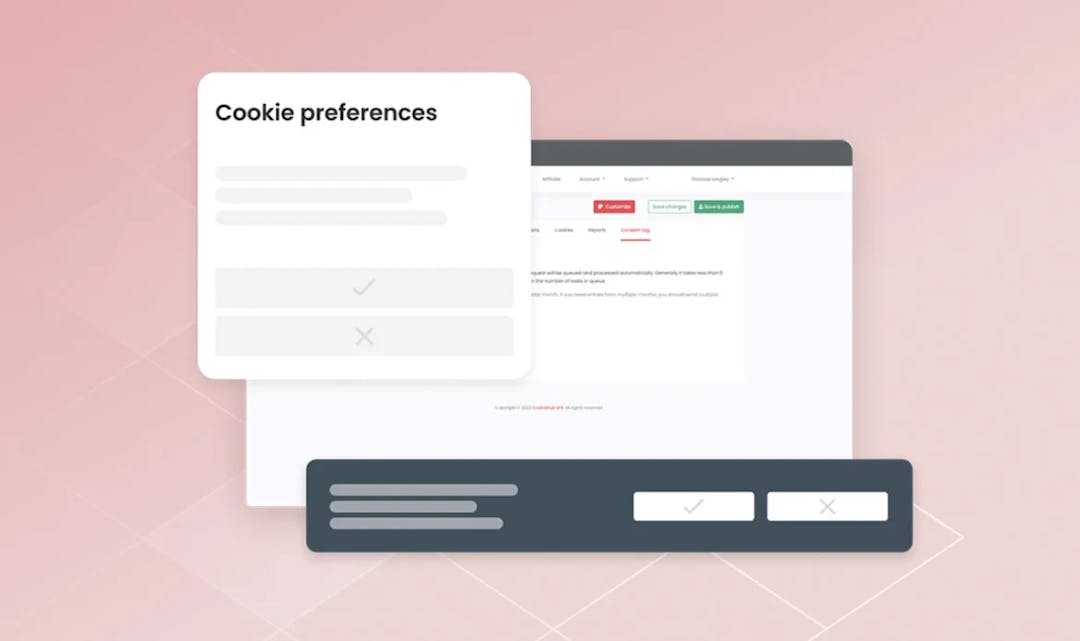
As data privacy concerns rise, website owners must stay compliant with regulations and protect user privacy. One of the key tools in this effort is the cookie banner. But do you really need one? This article will break down everything you need to know about cookie banners, their function, and their impact on your website.
Global Privacy Control
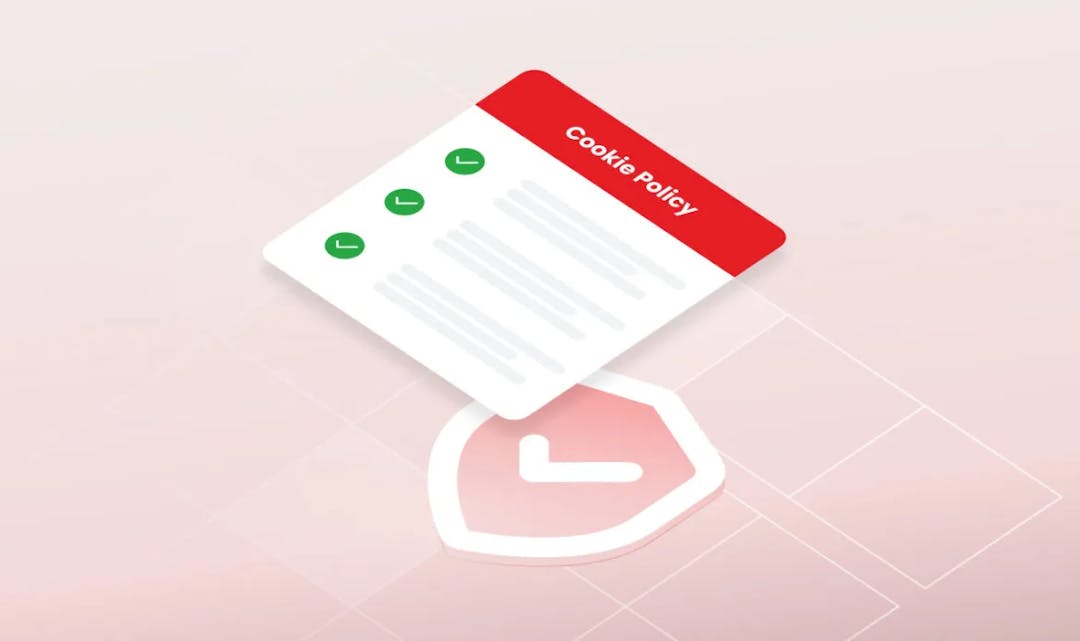
In this blog, we introduce Global Privacy Control, elaborating on its functionality, benefits, and the role it plays in the current digital privacy environment. We aim to shed light on how GPC operates, its alignment with existing privacy laws, and the implications for both internet users and website operators.
CCPA vs GDPR: Key Similarities & Differences Businesses Must Understand
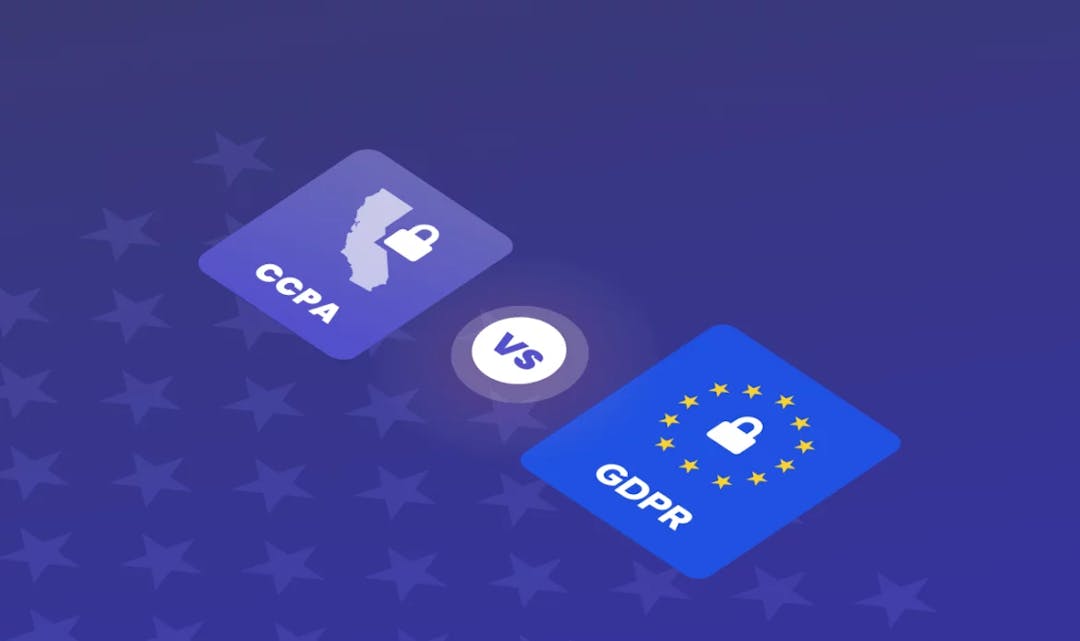
The European Union’s (EU) General Data Protection Regulation (GDPR) and the California Consumer Privacy Act (CCPA) have many similarities: they were introduced around the same time, they both give consumers greater rights over their data and they both have impacts on a global scale – but there are important differences too.
How to check your website’s compliance quickly & easily
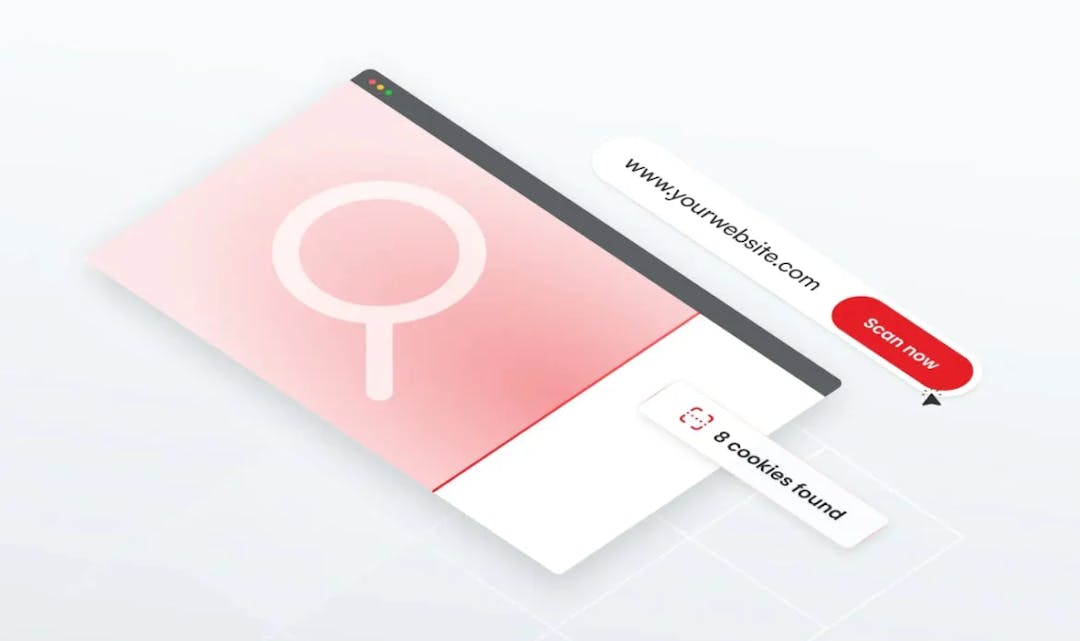
In the battle to remain compliant with the constantly shifting global data privacy landscape, websites have a powerful new tool at their disposal. CookieHub, the leading Consent Management Platform, is offering a fast and free compliance check that provides websites with the inside track on every cookie they’re running.
Brexit and the GDPR: What You Need to Know?
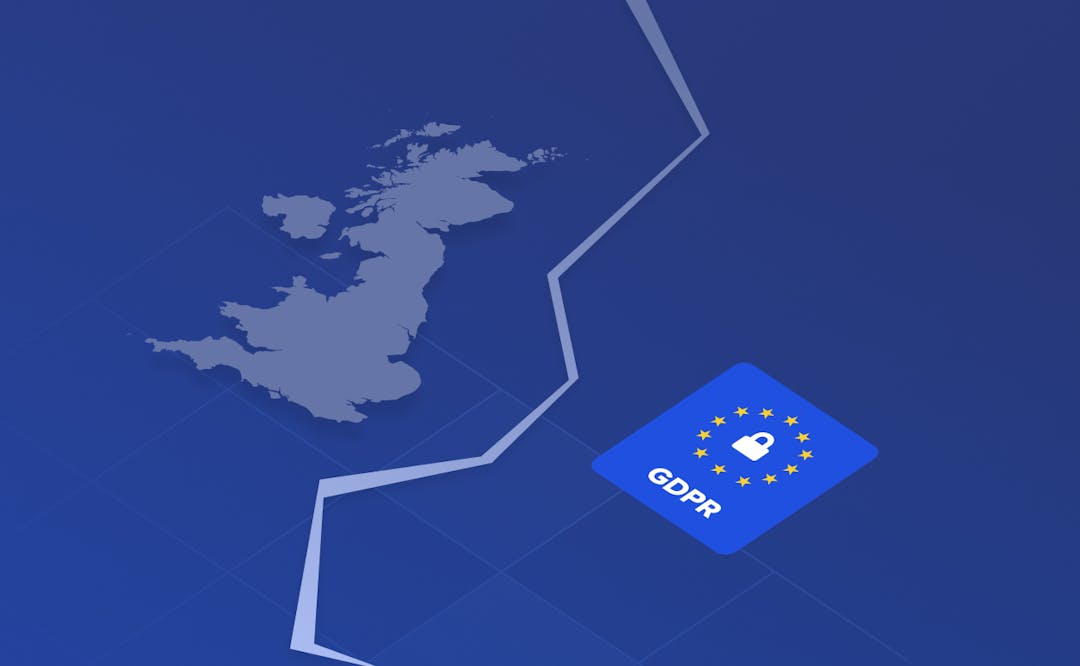
When the GDPR came into full effect in May 2018, the United Kingdom (UK) was still a member state of the EU. Though negotiations for the UK’s exit from the EU (Brexit) had been ongoing since the referendum in 2016, the UK remained obligated to comply with the GDPR.
Does the GDPR Apply to Companies Outside of the EU?
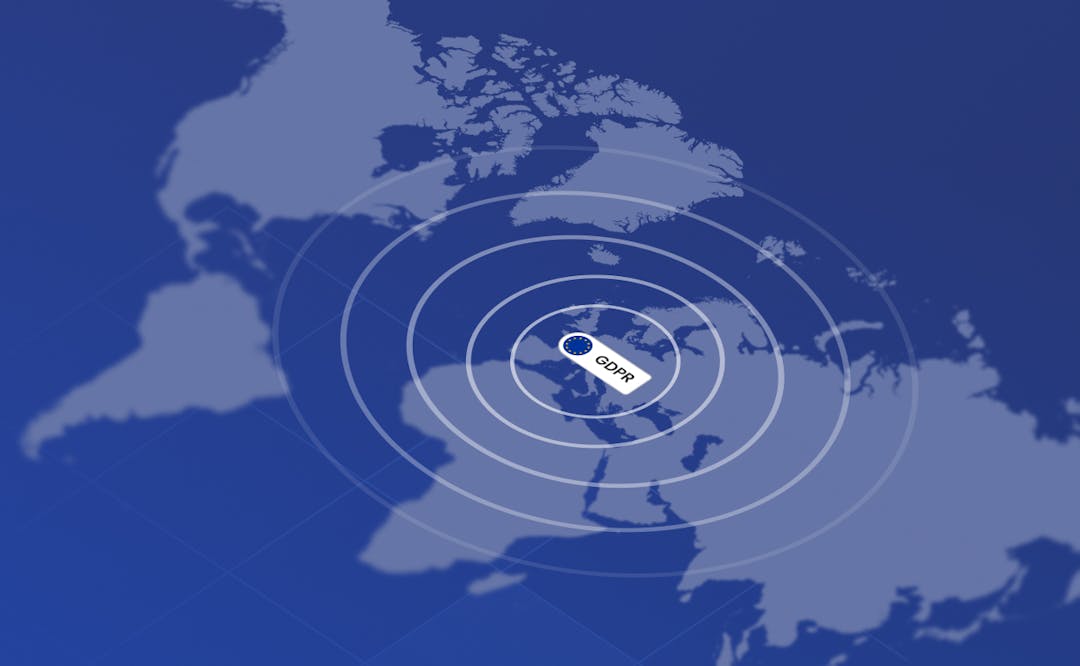
In 2018, the European Union (EU) launched the General Data Protection Regulation (GDPR). It governs the collection and usage of personal data by all private and public entities. The regulation exclusively applies to the personal data of EU citizens. That means that businesses outside the EU are not exempt. Rather, under certain circumstances, the GDPR applies to non-EU companies. Below we’ll explain the conditions where companies outside the EU must follow the GDPR. And also, what happens if they do not.
What are the GDPR consent requirements?
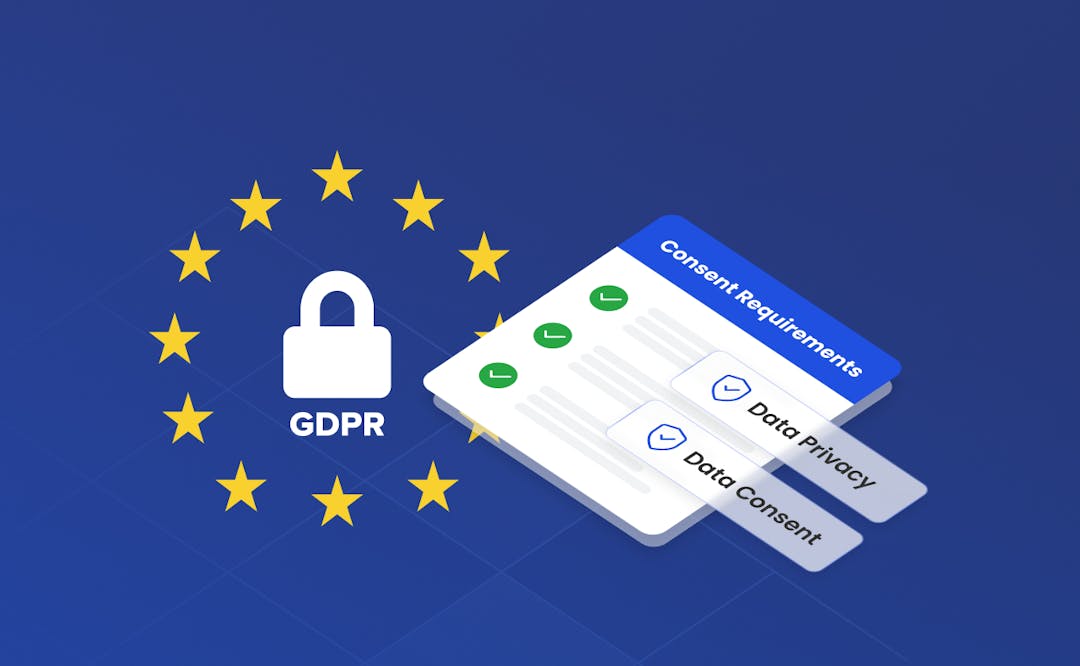
The General Data Protection Regulation (GDPR) is now the foundation of online data protection legislation. As it governs all EU citizen personal data, the Regulation is not only applicable to EU-based organizations. Indeed, any website an EU citizen may potentially access is required to meet the GDPR standards.
What Does the GDPR Mean for Business and Consumer Technology Users?
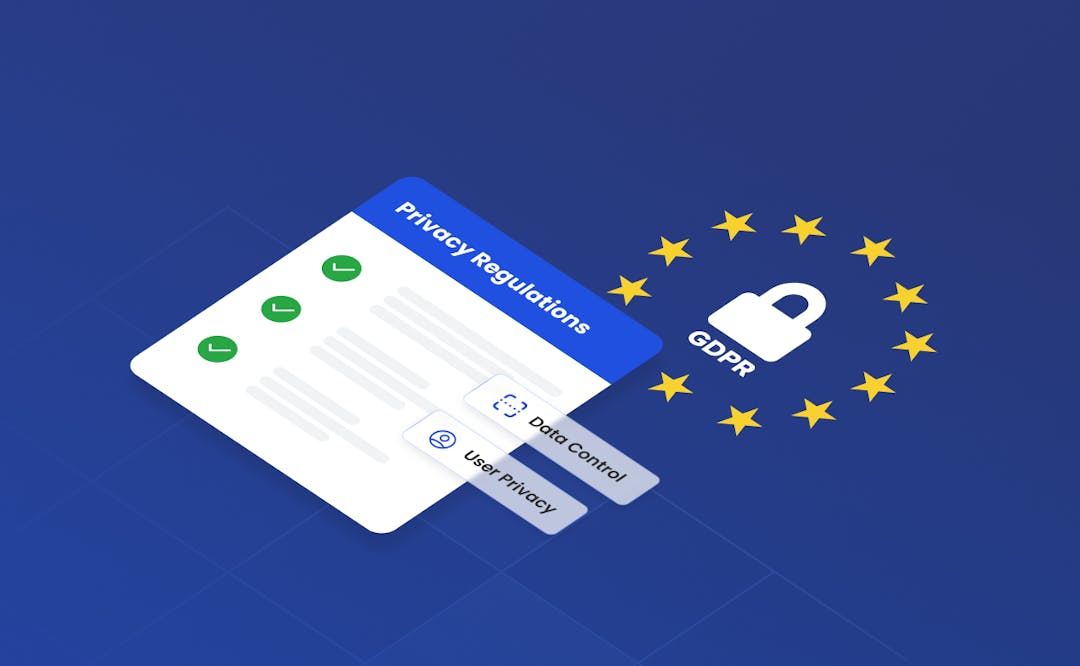
If you’re a business handling personal data, you’ll know: GDPR has changed everything. No longer can organizations freely collect data on people around the world. Now, no matter the organization location, they’re still expected to treat EU citizen personal data in accordance with the GDPR The fundamental goal of the GDPR is to put the consumer in firm control of their personal data.
How to be GDPR Compliant?
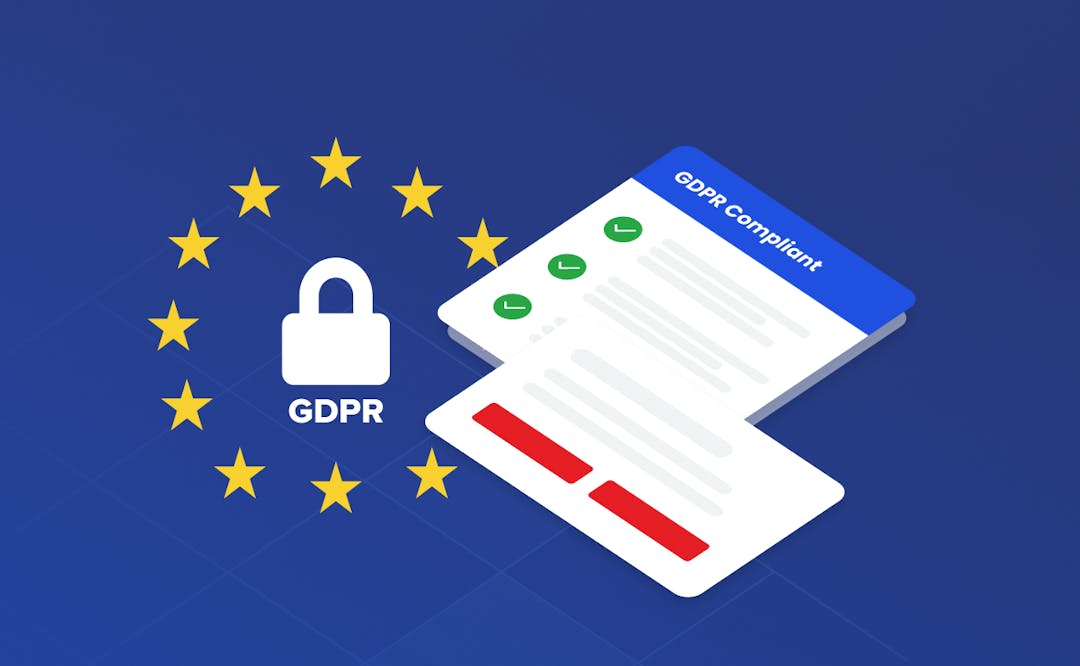
Following years of data breaches and tech companies’ secretive use of personal data, the EU responded with the GDPR. It governs and regulates the collection and use of personal data for EU citizens. That doesn’t just apply to companies based in the EU. It applies to any company to which EU citizens have access – even if the organization does not market to EU citizens directly.
What is Considered Personal Data Under the GDPR?
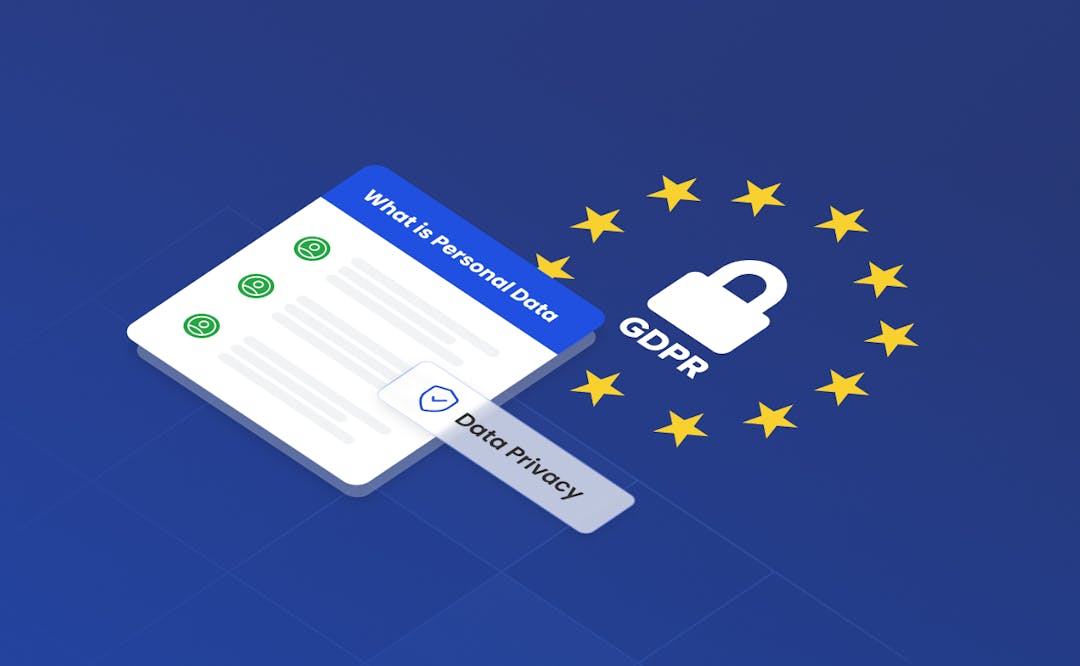
Under the GDPR, personal data is defined as any identifiable information about a person. This can include information such as a person’s name, address, email address, IP address, biometric data, and more. GDPR is the farthest-reaching data protection legislation in the world. It governs the collection, storage, and destruction of personal data for all citizens of the EU. Nor are organizations located geographically outside the EU exempt. This overarching regulation covers any personal data from EU citizens.
What is GDPR?
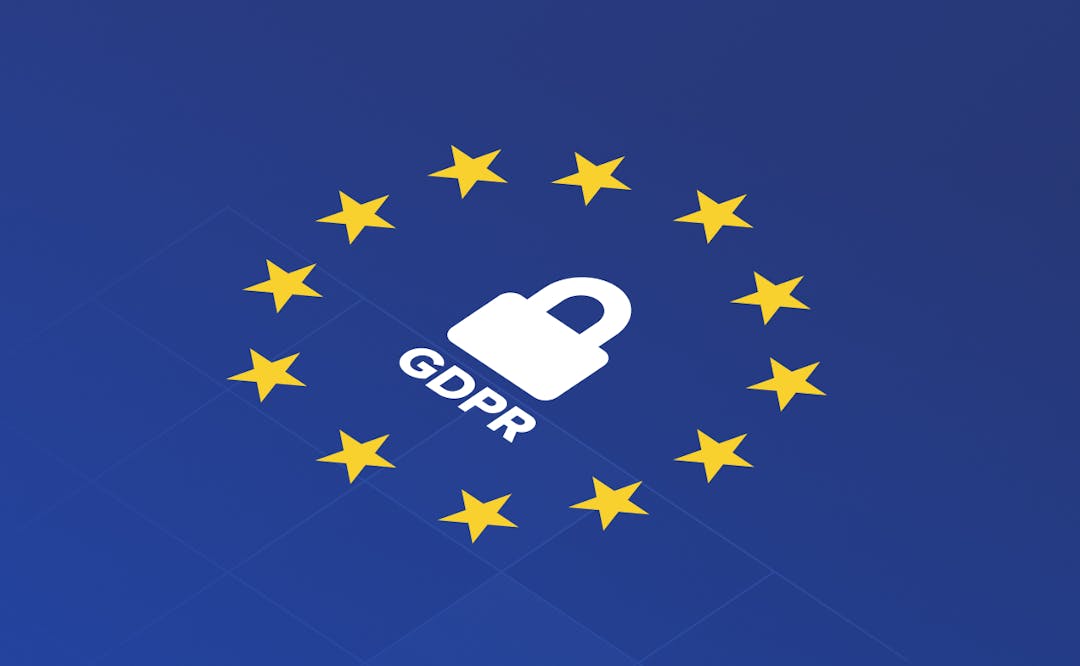
If you work in data protection or are just active online, you’ll likely have heard of GDPR. Drafted and passed by the EU, it is the most stringent privacy and security law worldwide. However, GDPR isn’t exclusively related to EU countries. Because GDPR imposes obligations on organisations anywhere in the world if they find themselves in possession of data from EU citizens.
©2018-2026 CookieHub ehf.
CookieHub CMP offers tools and services for managing cookies and online privacy.


